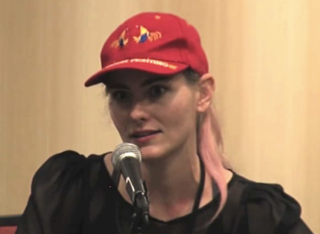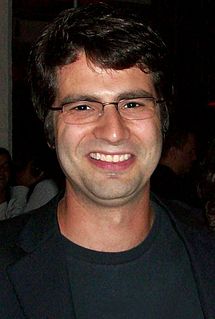A Quote by Zac Posen
Food is everything. Food, friends, family: Those are the most important things in life.
Related Quotes
Everything that truly makes us happy is quite simple: love, sex, and food! Everything else - power, influence, strength - all those things can overpower what's important in life. But as long as you have food and shelter over your head, if the necessities are taken care of, what makes us happy on top of that is very simple.
The absolute worst part of being depressed is the food. A person's relationship with food is one of their most important relationships. I don't think your relationship with your parents is that important. Some people never know their parents. I don't think your relationship with your friends are important. But your relationship with air-that's key. You can't break up with air. You're kind of stuck together. Only slightly less crucial is water. And then food. You can't be dropping food to hang with someone else. You need to strike up an agreement with it.
Personally, I have been very impressed by the slow food movement. It is about celebrating the culture of food, of sharing the extraordinary knowledge, developed over millennia, of the traditions involved with quality food production, of the sheer joy and pleasure of consuming food together. Especially within the context of family life, this has to be one of the highest forms of cultural activity.
In studying food, you embrace everything. Food exposes the long, complex history of the South - slavery, Jim Crow segregation, class struggle, extreme hunger, sexism, and disenfranchisement. These issues are revealed through food encounters, and they contrast this with the pleasure and the inventiveness of Southern cuisine. Food is always at the heart of daily life in the South.








































